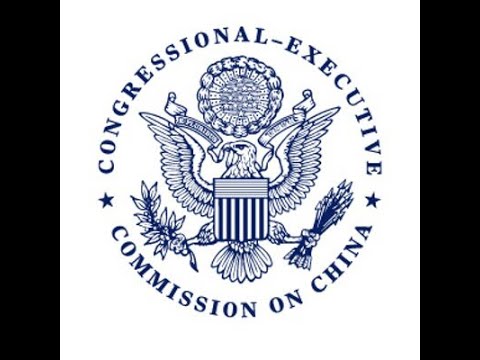From #BaitToPlate: Securing Labor Justice for Fishers

With the help of modern technology, companies can trace seafood supply chains from bait to plate, including details such as water temperature and what the fish are fed. If it’s possible to track the fish quality so precisely, it should also be possible for companies to track the labor conditions under which the fish are caught, processed and packaged.
As recent reporting and Congressional testimony has highlighted, forced labor and other truly horrific labor conditions are widespread in the fishing industry. In fact, it is estimated that 1 in every 5 fish is caught through Illegal, Unreported and Unregulated (IUU) fishing, in conditions that are rife with labor abuses, not to mention environmental degradation. The ILO estimates that 128,000 fishers are trapped in forced labor on remote fishing vessels, in conditions of extreme isolation, hazardous work and under gaps in regulatory oversight.

There is a better way forward, and it involves investing in transparent supply chains and enforcement that supports fishers’ rights. The U.S. Department of Labor is funding approximately $20 million in active projects to bolster labor rights in the fishing sector, from the ASEAN region to the waters off the Pacific coast of South America.
As a leading advocate for workers’ rights and good jobs, the department’s Bureau of International Labor Affairs, or ILAB, funds projects that promote ethical recruitment and support the development of policies, programs and systems that sustainably address labor violations and eliminate forced and child labor in the seafood supply chain. We put seafood sector workers at the core of these solutions. Even simple solutions, like having wi-fi on fishing vessels, can be a lifeline for fishers in isolation and exploitative labor conditions. Empowering workers through freedom of association is also fundamental to this fight.
ILAB engages U.S. interagency and international partners, bringing our labor rights expertise to collaborative efforts, such as the Memorandum on Combating Illegal, Unreported and Unregulated Fishing and Associated Labor Abuses, the Interagency Maritime SAFE Act working group and the CALM-CS initiative, a public-private partnership promoting safe working conditions in the seafood industry. We supported the first ever labor enforcement action brought under the Global Magnitsky Human Rights Accountability Act, targeting serious human rights abuses in the seafood sector.
Our authoritative research has documented child labor or forced labor in the production of fish, dried fish, shellfish and shrimp in 20 countries.
We have the information, enforcement tools and strategies to tackle worker exploitation in the fishing sector. But companies, governments and even consumers must be willing to ask and able to answer: Where did this fish come from, who caught it and under what conditions?
Thea Mei Lee is the deputy undersecretary for international affairs. Follow the Bureau of International Labor Affairs on X/Twitter at @ILAB_DOL and on LinkedIn.
Koebel.Tiffany…
Mon, 11/20/2023 – 23:00



Comments are closed.